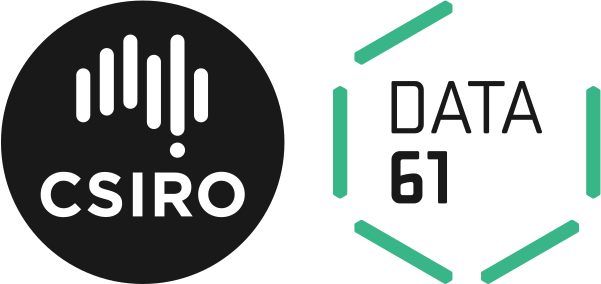waargonaut: JSON wrangling
Modules
[Index] [Quick Jump]
- Waargonaut
- Waargonaut.Attoparsec
- Waargonaut.Decode
- Waargonaut.Encode
- Waargonaut.Generic
- Waargonaut.Lens
- Waargonaut.Prettier
- Waargonaut.Test
- Waargonaut.Types
Downloads
- waargonaut-0.8.0.2.tar.gz [browse] (Cabal source package)
- Package description (as included in the package)
Maintainer's Corner
For package maintainers and hackage trustees
Candidates
| Versions [RSS] | 0.1.0.0, 0.2.0.0, 0.2.0.1, 0.2.0.2, 0.2.1.0, 0.3.0.0, 0.4.0.0, 0.4.1.0, 0.4.2.0, 0.5.0.0, 0.5.1.0, 0.5.2.0, 0.5.2.1, 0.5.2.2, 0.6.0.0, 0.6.1.0, 0.6.2.0, 0.8.0.0, 0.8.0.1, 0.8.0.2 |
|---|---|
| Change log | changelog.md |
| Dependencies | attoparsec (>=0.13 && <0.15), base (>=4.9 && <5), bifunctors (>=5 && <5.6), bytestring (>=0.10.6 && <0.12), containers (>=0.5.6 && <0.7), contravariant (>=1.4 && <1.6), digit (>=0.7 && <1), distributive (>=0.5 && <0.7), errors (>=2.2 && <2.4), generics-sop (>=0.4 && <0.6), hoist-error (>=0.2 && <0.3), hw-balancedparens (>=0.2 && <0.5), hw-bits (>=0.7 && <0.8), hw-json-standard-cursor (>=0.2.1.1 && <0.3), hw-prim (>=0.6 && <0.7), hw-rankselect (>=0.13 && <0.14), lens (>=4.15 && <4.20), mmorph (>=1.1 && <1.2), mtl (>=2.2.2 && <2.3), nats (>=1 && <1.2), natural (>=0.3 && <0.4), parsers (>=0.12 && <0.13), records-sop (>=0.1 && <0.2), scientific (>=0.3 && <0.4), semigroupoids (>=5.2.2 && <5.4), semigroups (>=0.8.4 && <0.20), tagged (>=0.8.5 && <0.9), text (>=1.2 && <1.3), transformers (>=0.4 && <0.6), unordered-containers (>=0.2.9 && <0.3), vector (>=0.12 && <0.13), witherable (>=0.2 && <0.4), wl-pprint-annotated (>=0.1 && <0.2), zippers (>=0.2 && <0.4) [details] |
| Tested with | ghc ==8.0.2 || ==8.2.2 || ==8.4.4 || ==8.6.5 || ==8.8.4 || ==8.10.3 |
| License | BSD-3-Clause |
| Copyright | Copyright (C) 2018 Commonwealth Scientific and Industrial Research Organisation (CSIRO) |
| Author | HASKELL-WAARGONAUT @ Data61 |
| Maintainer | Sean Chalmers <oᴉ˙ldɟb@uɐǝs> , Emily Pillmore <emilypi@cohomolo.gy> , George Wils <george@wils.online> , Tony Morris <tonymorris+github@gmail.com> |
| Uploaded | by topos at 2021-01-20T21:13:50Z |
| Category | Parser, Web, JSON |
| Home page | https://github.com/haskell-waargonaut/waargonaut |
| Bug tracker | https://github.com/haskell-waargonaut/waargonaut/issues |
| Source repo | head: git clone git@github.com/haskell-waargonaut/waargonaut.git |
| Distributions | |
| Reverse Dependencies | 2 direct, 0 indirect [details] |
| Downloads | 9894 total (58 in the last 30 days) |
| Rating | 2.5 (votes: 5) [estimated by Bayesian average] |
| Your Rating | |
| Status | Docs available [build log] Last success reported on 2021-01-20 [all 1 reports] |


